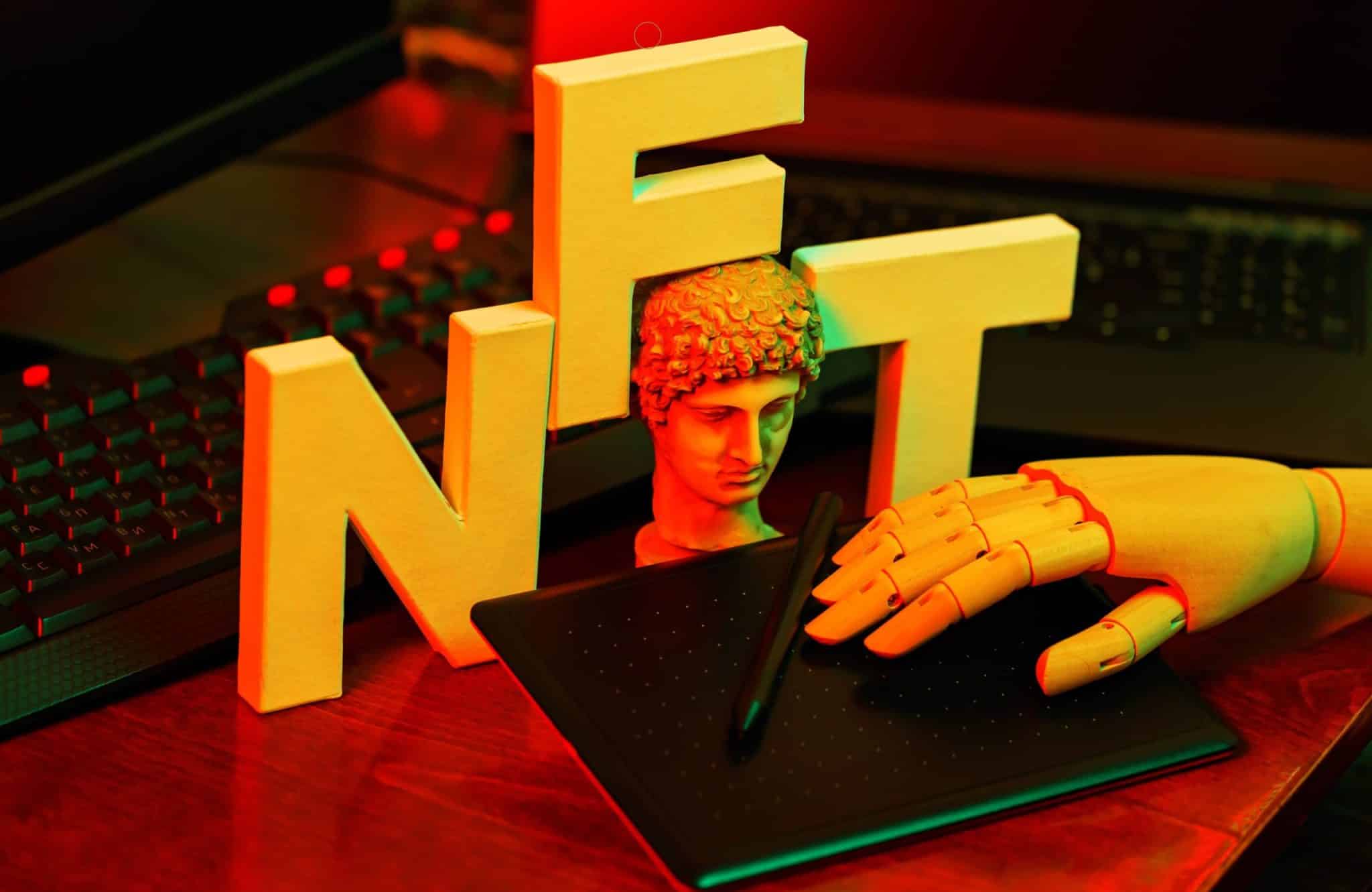
In the latest NFT news, the US Treasury has alleged that NFTs are responsible for terrorism financing and enabling the nuclear arms trade – here’s why.
The U.S. Treasury has launched its first NFT risk assessment, a major bold step. This detailed report uncovers the lurking risks and security threats in the volatile as-hell NFT sector.
Interestingly, the Treasury found that fraud in the digital art space often mirrors age-old financial schemes like Ponzi schemes and insider trading.
However, there are also unique threats like smart contract manipulation. Here’s what else they found in this new report:

US Treasury Shines Spotlight on Potential Risks of NFTs
The report calls for swift intervention and stricter oversight in the chaotic NFT space.
It spots several red flags, some of them solely based on conjecture:
- Terrorist Financing: NFTs could bankroll terrorism.
- Nuclear Proliferation: State actors might channel NFT profits to fund nukes.
- Money Laundering: A shiny new tool for washing dirty money.
- Investor Fraud: The usual suspects—scams, thefts, and rug-pulls
The report emphasizes that these risks are not unique to digital assets.
“This risk assessment recognizes that most money laundering, terrorist financing, and proliferation financing by volume and value of transactions occurs in fiat currency or otherwise outside the digital asset ecosystem via more traditional methods,” the report stressed.
This comes at a time when Solana meme coins have completely dethroned digital art.
I told you NFTs were dead………… https://t.co/oqdpTY5PqE
— MOON KING B-ROOTS (@iambroots) May 30, 2024
Recommendations for Regulating Digital Art
Despite fears, the Treasury admits that actual cases of NFTs funding terrorism, enabling the nuclear arms trade, or, drug rings are rare.
A standout is North Korean hackers stealing digital assets to bypass U.S. sanctions for their military, with NFTs being a small part of the loot.
With that said, they concluded the report with key recommendations for regulation:
- Regulation: Crafting specific NFT rules to cut risks.
- Industry Collaboration: Teaming up with insiders to fight fraud.
- Consumer Education: Informing the public on NFT risks
The Bottom Line: A Call to Action Over Digital Asset Regulation
Regulators, industry players, and users are in for a collision course as the digital art scene evolves.
The Treasury’s report may flirt with the outlandish, yet it makes one thing clear: regulation across the board is coming.
“The assessment finds that NFTs are highly susceptible to use in fraud and scams and are subject to theft,” the Treasury concludes.
EXPLORE: Is BTC Set for a Quiet Spring After Bitcoin Halving Event? Here’s Why Traders Eye Altcoins in Q2
Disclaimer: Crypto is a high-risk asset class. This article is provided for informational purposes and does not constitute investment advice. You could lose all of your capital


